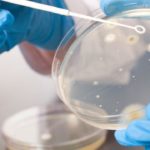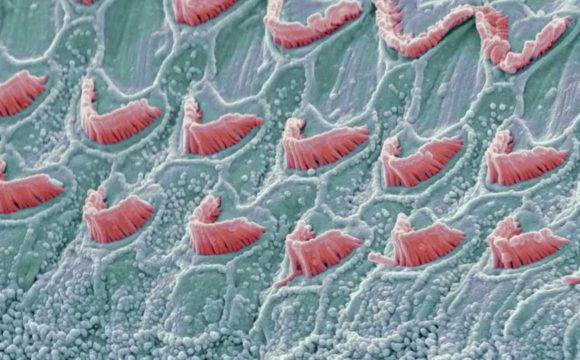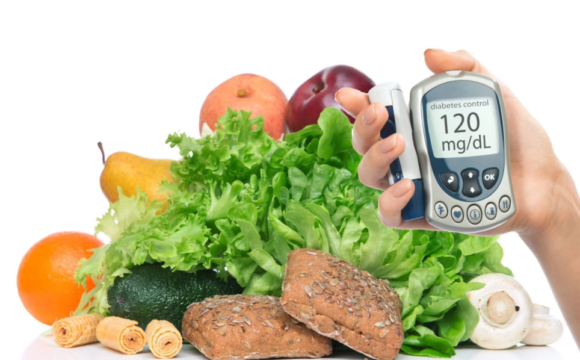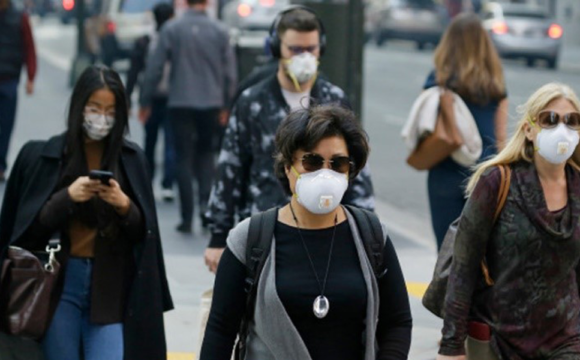Lead a healthy lifestyle or else the environmental carcinogens may get you cancer! Cancers may originate from both environment and genetic elements; there are multiple external factors combined with internal genetic changes which can lead to human cancers. Most of the times, the causes of human cancers will not be identifiable but there is incontrovertible evidence that certain carcinogens are directly or indirectly responsible for cancer. Developing cancer depends on what you were exposed to and how often you were exposed to it.
Let’s discover how human health is affected by environmental factors! Choosing a distinct lifestyle apart from a healthy one increases the chances of exposure to carcinogens which may occur outside one’s control also.
Environmental Carcinogens:
Age: Cancer can develop at any age. But cancer is much more common in older people due to the accumulation of damaged stem and progenitor cells. As we age, there’s more time for damage in our cells to build up, and thus these damages might eventually lead to cancer.
Alcohol: Having more than two drinks each day for many years will increase the chance of developing cancers. Alcohol has also been classified by the World Health Organization (WHO) as group-1- carcinogen. So think twice before getting boozed up!
Ultraviolet Radiation: Ultraviolet (UV) rays from the sun, sunlamps or tanning beds may damage cell DNA and lead to melanoma or other forms of skin cancer
Organic and inorganic chemicals: Many studies have shown that exposure to asbestos, benzene, benzidine, cadmium, nickel, arsenic, radon and vinyl chloride in the workplace can cause cancer. These carcinogens may also prove to be teratogenic which cause physiological abnormalities of the fetus during fetal development. The mineral fiber increases the risk of lung cancer, mesothelioma, laryngeal cancer, and ovarian cancer
Cosmetic products: Most chemicals like Dioxane, petrolatum, formaldehyde, synthetic fragrance, parabens and phthalates in cosmetic products include the possibly carcinogenic elements which have potential for cancer.
Hormone therapy: Estrogen and progestin may increase the risk of breast and uterus cancers, heart attack and stroke. Human cancer is really not a single disease but is a family of different diseases!
Diet and Obesity: People having a poor diet with reduced physical activity are at increased risk of several diseases. Fat tissue produces a high quantity of estrogen which is linked to increased risk of cancers. Also, obese people may produce a high amount of insulin-like growth factor-1 (IGF-1) in their blood which may lead to certain cancers; therefore it is always suggested to lead a healthy lifestyle.
Air and water pollution: Air and water pollution are the results of biological, biochemical and atmospheric particles which cause damages to our living environment. Air pollution is a significant risk factor for respiratory infections, cardiac disease, and lung cancer. Water pollution is caused by several pathways like microorganism infection; bacteria, viruses, protozoa, and parasitic worms, wastes dumped in water bodies causing oxygen reduction, acids and toxic metals which cause the death of aquatic life.
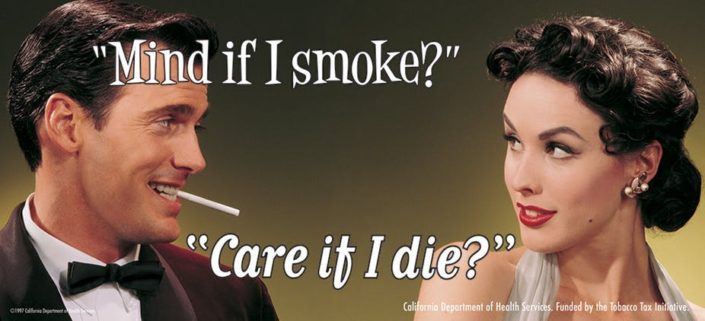
Smoking tobacco, passive smoking, air and water pollution due to other carcinogens, drinking alcohol, deliberate exposure to sunlight and excessive exposure to some chemicals are all proven cancer risks. Unknown risk of cancer involves exposure to an agent that is a probable carcinogen like sodium lauryl sulfate in cosmetics, food additive 260 and excessive mobile use. Unlikely risk of cancer involves exposure to an agent that has little evidence to suggest that the agent is carcinogenic, such agents include artificial sweeteners and deodorants.
Following precautions can be taken to avoid cancer risks:
- Don’t smoke and keep your home smoke-free: It’s not just lung cancer, smoking causes oral, throat, kidney, bladder, pancreatic, stomach and cervical cancer. Nonsmokers beware, as secondhand smoke is a risk factor too.
- Eat healthy: Eat a variety of plant-based foods, including plenty of fruits and vegetables, which protect against many cancers. Always keep your weight in check since obesity is linked to a higher risk of cancer.
- Be safe in the sun: Protect the body from UV radiation which can penetrate light clothing, windshields, and windows. Wear long sleeves, long pants, a hat and sunglasses with lenses that absorb UV. Sunscreen (Sun Protection Factor) can prevent skin cancer.
- Limit alcohol
- Regular physical activity in any form helps to lower cancer risk
References:
- https://www.cancer.org.au/about-cancer/causes-of-cancer/environmental-causes/
- N.Parsa. Environmental factors inducing cancers. Iran J Public Health. 2012; 41(11): 1–9





